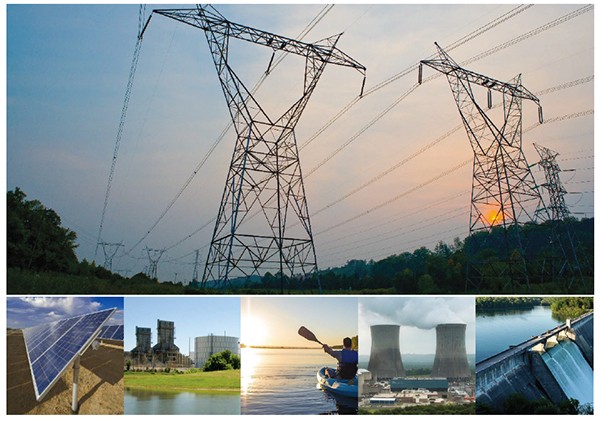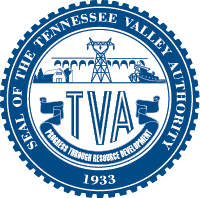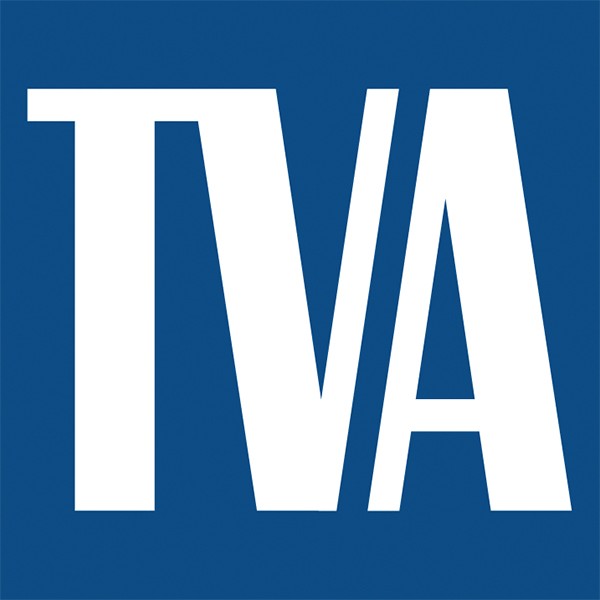The Tennessee Valley Authority (TVA) will harness more solar energy over the next 20 years, more wind power if it gets cheaper, and less power from coal. But some say its environmental goals don’t go far enough.
The TVA dropped its final Integrated Resource Plan (IRP) late last week, the culmination of a process that began in February 2018. That plan is a basic roadmap the nation’s largest power supplier will follow to meet the ever-growing needs for power to 154 local power companies and 58 other customers throughout the Valley.
 Tennessee Valley Authority
Tennessee Valley Authority
At the heart of the plan is the mix of energy sources TVA says it will likely use over the next 20 years. Picking that mix was driven largely by the need of diverse and flexible sources of energy and a federal mandate for low costs, TVA said in its report issued Friday.
TVA measures that mix in megawatts, or 1 million watts of power, enough to power about 750 homes at once. So, how much does it need? In its 2018 fiscal year, TVA provided more than 163 million megawatt-hours of electricity to its customers.
Coal power will reduce as TVA retires two coal-fired plants, in Paradise (Kentucky) and Bull Run (Tennessee). TVA will try to renew a 20-year license to operate its Browns Ferry (Tennessee) nuclear plant. It will up its use of combined cycle plants, like our Allen plant, over the next 20 years. How much, though, (maybe up to 9,800 megawatts by 2038) depends on demand and natural gas prices.
As for renewables, TVA said they’re definitely in the mix. Solar power could expand on the TVA grid (as much as 14,000 megawatts by 2038) if the demand is there. TVA said it could add up to 4,200 megawatts of wind power to its mix by 2038 if it becomes cost-effective.
Environmental groups gave TVA some credit for “moving in a smarter economic and environmental direction,” according to a statement from the Sierra Club’s Southeast region chapter, but the agency has a long way to go.
“Renewable energy technologies are smarter and safer than fossil fuels, and it’s now known that they’re the cheapest form of new electricity generation across most of the world — cheaper than both coal and gas,” said the Sierra Club’s Al Armendariz. “So, even as TVA is making positive strides in this new plan, its leaders must start planning for an energy future that doesn’t just trade coal for gas — which not only exposes customers to a volatile market, but also worsens the climate crisis.”
The Southern Alliance for Clean Energy (SACE) did note that TVA’s new plan does include “recommendations for greater energy efficiency, transparency, and renewables.” But the group called the energy plan “outdated and a blow to customers.”
For one, it said, the plan undervalues energy-efficiency savings for customers. For example, Duke Energy Carolinas customers get seven times more savings from efficiencies than TVA customers.
Also, TVA’s solar plans, SACE said, would only benefit big business customers like Google and Facebook. Residential and small business customers here are “being left out and left behind” on potential solar savings.


 SACE
SACE